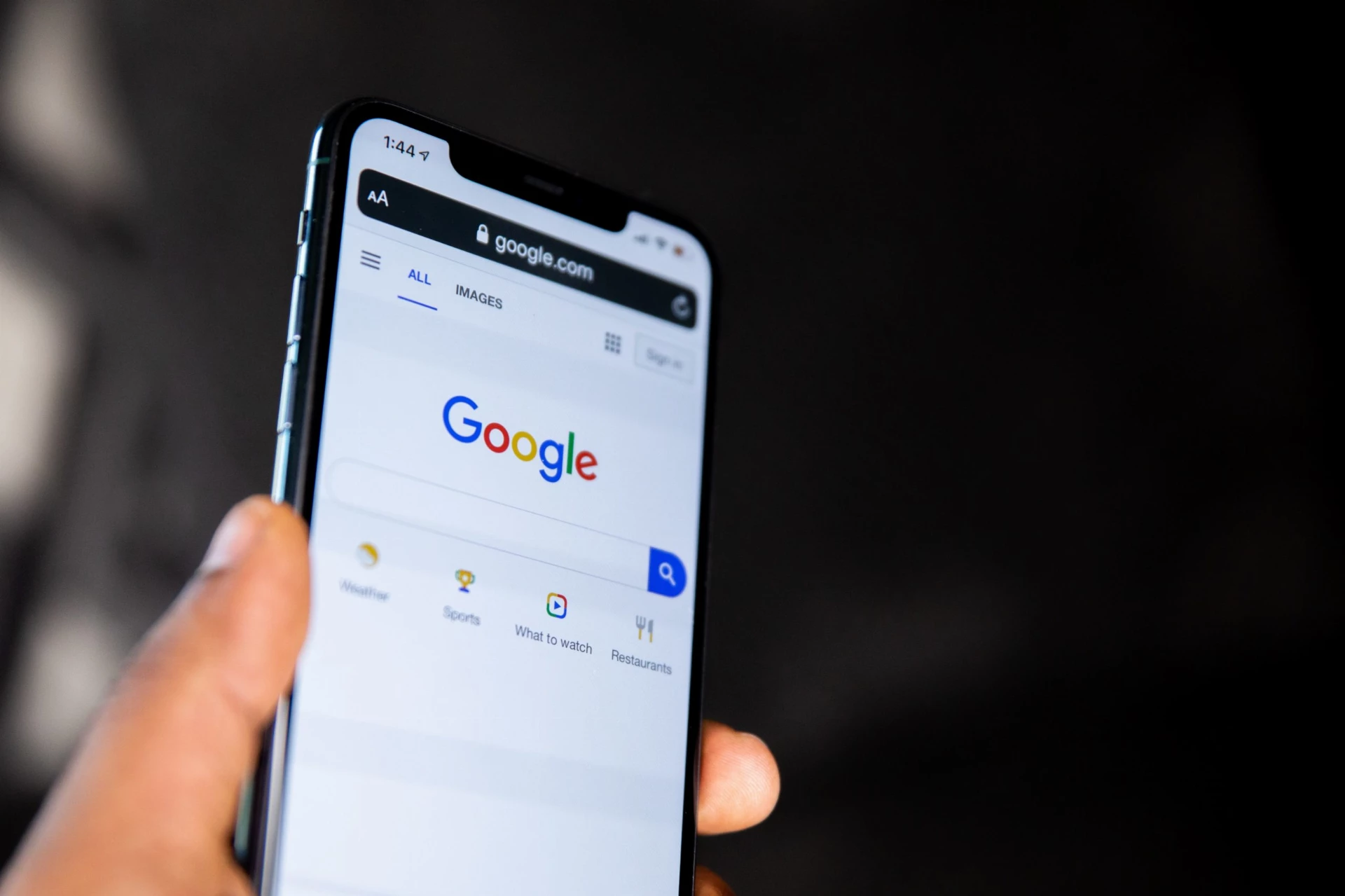
Why mobile and desktop Google rankings are different
Mobile and desktop searches are becoming increasingly divergent, with different ranking algorithms in place for each. With the ever-increasing use of mobile devices, it’s important to understand the difference between mobile and desktop searches.
In general, mobile searches are conducted on the go and are often related to quick tasks such as finding a nearby restaurant or looking up directions. In contrast, desktop searches are usually more complex and research-oriented, involving tasks such as booking a hotel or reading product reviews.
As a result, rankings can differ slightly between mobile and desktop searches.
What causes mobile and desktop Google rankings to differ?
While the basic principles of Google ranking are the same for both mobile and desktop search results, there are a few key differences that can cause variations in where a website appears in the search results.
One of the most significant factors is screen size. Mobile devices have much smaller screens than desktop computers, so Google takes this into account when determining rankings. As a result, websites that are optimised for mobile devices are more likely to rank higher in mobile search results.
Another key difference is the type of content that is being searched for. People tend to use mobile devices for quick searches on the go, while they are more likely to use desktop computers for more in-depth research. This means that Google gives preference to websites that offer concise, easy-to-read content on mobile devices while giving more weight to detailed articles and guides on desktop computers.
Finally, Google also takes user behaviour into account when determining rankings. For example, websites that are frequently visited from mobile devices are more likely to rank higher in mobile search results. These factors all contribute to the variation in where a website appears in mobile and desktop search results.
How contextual personalisation affects Google rankings
Contextual personalisation is a process whereby the search engine tailors the results it displays to the user based on factors such as their location, search history and demographics. This means that users are more likely to see results that are relevant to them, which can improve the overall search experience.
Contextual factors can play a significant role in SERP rankings. The device a searcher is using, the intent behind the search, and other factors can all impact the way results are displayed. One common example is searches made on mobile devices versus desktop computers. Mobile users are often looking for information quickly, while desktop users may be more likely to be researching a topic in depth. This can impact the way results are weighted, with mobile users being more likely to see results from sites that are optimised for mobile devices.
Another example is the intent behind a search. A searcher who types “buy shoes” into a search engine is likely looking to make a purchase, while someone who searches for “shoe store” may be looking for a brick-and-mortar location. This can impact the ranking of results, with eCommerce sites being more likely to appear for the former and local businesses being more likely to appear for the latter.
Are lower mobile rankings a symptom of slow page speeds?
In the world of SEO, there is always much discussion about ranking. Where a website falls on the SERP can make or break its traffic levels and, ultimately, its success. So, when mobile rankings start to slip, it’s natural to wonder if there are larger issues at play. Are lower mobile rankings a sign of mobile page speed issues?
Unfortunately, the answer is often yes. Mobile users have notoriously short attention spans, so even a slight delay can cause them to click away. And, with Google now factoring page speed into mobile rankings, a slow site is likely to see its position suffer. Of course, there are other potential causes of lower mobile rankings – from algorithm updates to changes in user behaviour – but page speed is often a major factor.
How we can help
As experienced SEO consultants, we understand the importance of catering to both types of search. Mobile and desktop users have different needs and expectations, so it’s important to optimise your website for both types of search.
At Full Of Pixels, we have a holistic approach to SEO, that takes into account all of the different ranking factors to ensure that your website is visible in both mobile and desktop search results. Get in today to find out we help you to increase your visibility in search engine results pages (SERPs), driving more traffic to your website and generating more leads and sales.






Leave a comment: